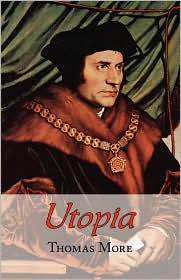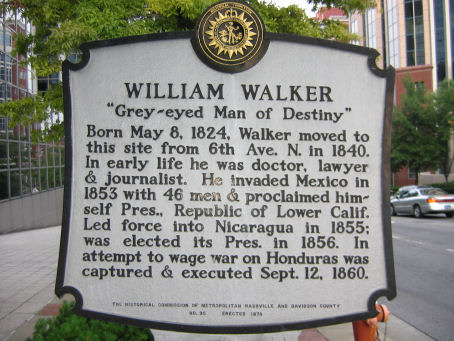 With the world's highest homicide rate, foreign debt once again piling up, and still unanswered questions about Honduran political solvency after the 2009 coup, the Honduran government has introduced an unusual solution into the mix which should be in the back of every missionary’s mind.
With the world's highest homicide rate, foreign debt once again piling up, and still unanswered questions about Honduran political solvency after the 2009 coup, the Honduran government has introduced an unusual solution into the mix which should be in the back of every missionary’s mind.
In a deal two years in the making, the Honduran National Assembly approved legislation this week allowing international citizens to invest in model cities around Honduras. These model cities would more or less be free to form their own legal and tax systems. What this means, I don't know. I would guess, however, that Honduras is attempting to develop solutions to sweeping problems on the small scale before introducing them throughout the country.

Attached to every swinging door in Honduras are Old Glory's hinges, and one United Statian pushing the idea of model cities in Honduras says "You can't change the rules in the middle of the game…Create a new playing field and see if anyone wants to play." In other words, model cities allow Honduran society to be remade in a vacuum. Analysts say creating model cities will create 5,000 jobs immediately and around 200,000 in the future. The question remains: How will typical Honduran families benefit from turning over public duty to private enterprise?
 |
| Imagine Hondurans needing a passport to cross into a "Made in the USA" model town |
On the plus side, these model communities would serve as a “testing ground” for the country at large. Tax policies and legal codes could be tested in real life instead of just on a spreadsheet. Infrastructure, I assume, would aim for the future. Roads, bridges, eco-friendly power and water grids, communication networks, I suppose, would all be built to put Honduras on track to more fully join the 21st Century. Businesses of both the micro and macro variety are certainly on the menu, and hopefully education and healthcare will become top priorities. Although there is not a whole bundle of details available about these model towns, a very simple reason to me would be to start fresh free from many of the constraints of mainstream Honduran society.
 |
| Will we see protests? |
 |
| What was colonialism 150 yrs ago is free enterprise now? |
Whatever the implications, AHMEN and missionaries abroad should be asking themselves a couple of questions:
-How would our work change if towns like Limon, Belaire, or Yorito joined the model city movement?
-Will the Honduras government eventually enforce "imminent domain" in order to construct their own model cities?
-In what ways will the illegal drug trade disrupt the model for these cities?
-Will the legality of building model cities pave the way for "missionary cities?"
-Will model cities lead to American, Cuban, or Chinese "cities" within Honduras?
In many ways, if they become successful, model cities could be a game changer in Honduras. Please continue to read, research, and discuss the model cities in Honduras with your mission teams and fellow missionaries.
Whatever the outcome of this experiment, we stand with the disenfranchised.
Together, we are the difference.
Contact me for more information on the AHMEN's Community Empowerment Program!
Good read, buddy. I know this is great for sharing with other missions, but it is also an intriguing way to spread interesting news. You have opened the door to something that will interest me and many others, i'm sure. Keep up the good work.
ReplyDeleteThanks TheZachKnott! I'm glad you enjoyed reading. This is such a provocative issue...there is some evidence of "model cities" enjoying success, but I would hate to see investors take advantage of an amazing country. Have you thought about joining a team?
Delete